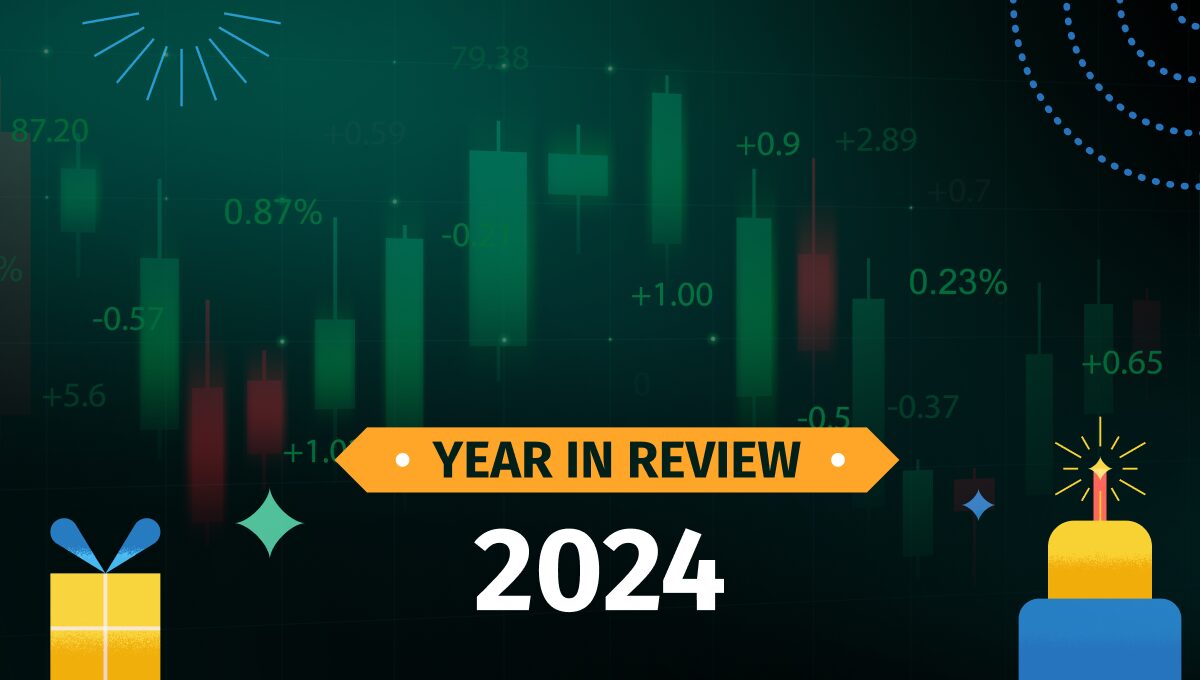Expert Analysis of the Global Macro Events & News affecting the Indian Markets – 27 Dec 2023
WEEKLY SYNOPSIS
| Index | 1 Week | 1 Month | 1 Year | 5 Years |
| Nifty 50 | -0.50% | 7.80% | 18.25% | 97.44% |
| BSE Midcap | -0.87% | 7.20% | 43.50% | 135.28% |
| S&P 500 | 0.75% | 4.93% | 24.69% | 92.09% |
| Nasdaq 100 | 0.93% | 5.74% | 55.96% | 168.54% |
Houthis, Pirates of The Red Sea – The Shipping Crisis
We all have read of sea pirates attacking and hijacking ships and watched cartoons and films around it, but, now ships and vessels are actually being attacked with the hijackers showing the world real videos for evidence. However, it’s not a random group of pirates looking to steal, it’s the Houthis of Yemen fighting the war for Palestine. This week, I am talking about the Red Sea and the shipping crisis being faced by the global economy.
What’s Happening Exactly?
A war. I’ll break the whats and whys of the crisis down but the first thing to know is that it’s the Israel-Palestine war at the base of this crisis. To put it simply, Houthis are attacking and threatening to attack the ships sailing through the Red Sea.
So, the Houthis are a militant group in Yemen who’ve decided to fight Israel and its violence in Gaza by attacking shipments going to Israel. No one saw this coming from a small group of militants. This, however, is also a part of the civil war that Houthis have been fighting in Yemen for decades.
Well, the attacks have caused a tornado for the shipment industry as more than 150 vessels carrying over $100 million of ocean freight have been diverted and re-routed. The result is delays and increased costs, but first, let’s see why a small militant group is able to capture the Red Sea.
Geography of the Crisis
The Red Sea is the single most feasible sea route that connects far East Asia with the West, particularly Europe. As it happens, the Hputhis are positioned quite well geographically to hinder the transport of shipments.
Look at the map here. Any shipment going from Asia to Europe has to pass the Red Sea, starting with the Bab-el-Mandeb in the south to reach the Suez Canal finally. The attacks are happening around Bab-el-Mandeb.
The first attack was reported when the Houthis hijacked an Israel-linked ship Galaxy Leader about a month ago. The attacks, however, did not stop and have not been limited to just Israel-linked cargo. In fact, a couple dozen of them have been reported by now. This situation is a crisis because trade through the Red Sea accounts for 12% of global trade and 30% of container traffic with 19,000 ships sailing through the passage every year. So, the attacks have caused shipping companies to divert their route and sail across Africa to reach Europe. This obviously means delays and higher costs.
The Shipping Companies are Paying
Right when the global economy was about to recover from COVID-19, inflation and interest rates in the West started to ease, these attacks hit the sea. With the threat of attacks, most large shipment companies have decided to take the longer route suspending their operations in the Red Sea. As you might expect, this is coming at a cost. The insurance costs of freight and water and air cargo rates have significantly shot up. For instance, the freight rate for a 40-foot container transporting goods from Shanghai to the UK went from $2400 to $10,000 just within a week.
With Houthis in the Red Sea, shipping companies are now left with two options:
- First is to take the risk and sail through the Red Sea but this comes with a high insurance cost in addition to the risk. The insurance cost of freight has gone from about 0.07% to a minimum of 0.7% now!
- The second option is to re-route the vessels and divert from the Red Sea entirely, and sail through the Cape of Good Hope across Africa. This too, comes at higher freight costs and increases the time taken for the shipment by 10-15 days..
Have a look at the map below. It shows how diverting from the Red Sea means delays as shipments have to go all around Africa to reach the West.
If this continues, consumers too will end up paying as oil prices are increasing. 7.1 million barrels of oil and 4.5 billion cubic feet of natural gas pass through the Bab el-Mandeb every day. Increased freight costs and delays will only lead to the price burden being loaded off on the end consumers.
Is there a way around this? (other than Africa)
The US has formed a coalition with a few other nations to patrol the Red Sea and prevent attacks. This, however, is not enough because Houthis too are supported by Iran with drones and other equipment, and any successful attack by then would directly result in humongous losses. The real solution to this is a truce, but neither the Houthis nor Israel and its allies seem to be ready for one. With the New Year coming in, we hope that the geopolitical tensions ease up and everyone from the citizens of Gaza to shipment companies can celebrate.
Explore smallcases by Green Portfolio
Liked this story and want to continue receiving interesting content? Watchlist Green Portfolio’s smallcases to receive exclusive and curated stories!
And for all you Green Portfolio subscribers, we’re rolling out Exclusive Perks!

Use Promocode SCMINT30 on Mint Premium’s 1 Year or 2 Year plan to get 30% OFF on your purchase! Offer Valid until 31st December, 2023.
Green Portfolio is a SEBI Registered (SEBI Registration No. INH100008513) Research Analyst Firm. The research and reports express our opinions which we have based upon generally available public information, field research, inferences and deductions through are due diligence and analytical process. To the best our ability and belief, all information contained here is accurate and reliable, and has been obtained from public sources we believe to be accurate and reliable. We make no representation, express or implied, as to the accuracy, timeliness, or completeness of any such information or with regard to the results obtained from its use.






